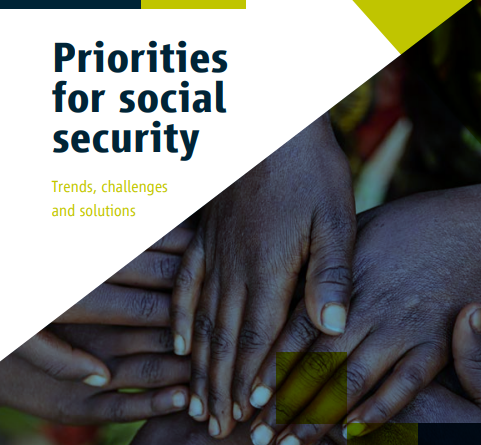Priorities for social security Trends, challenges and solutions
By Raúl Ruggia-Frick
The International Social Security Association (ISSA) draws its value, strength and dynamism from its global membership, which consists of national institutions that administer the main social security programmes in their countries. This gives the Association a unique and privileged vantage point from which to identify and analyse priority administration and policy challenges in social security, and the many innovative responses and creative solutions to these.
The ISSA was looking to the future when it set the priorities of its triennial 2020–2022 Programme and Budget. When doing so, the perception was that the evolving challenges of the triennium would be rooted mainly in four important areas, namely:
• the future of social security administration and management;
• social security coverage in a changing world;
• meeting the evolving needs of an ageing population;
• the role of social security in promoting inclusive growth and social cohesion.
No one anticipated that a global pandemic would be the defining challenge of the period. The global disruptions that began in 2020 continue.
Amidst this extraordinary crisis, social security institutions rose as one to support government efforts to stabilize the economy and protect the health and livelihoods of the citizenry. Social security service delivery adapted and innovated: teleworking staff, online platforms and mobile apps replaced face‑to‑face, paperbased and manual transactions. Emphasis was placed on service delivery that was easy, safe and fast.
Institutions rapidly rolled out innovative responses, often to put in place new systems and processes. In turn, governments relied on the physical and virtual infrastructure of social security institutions to distribute emergency benefits and subsidies.
All these responses are a testament to the leadership, dynamism and resilience of social security institutions.
This report shares the recent experiences of social security institutions in Africa with regard to the four identified ISSA topical priorities, complemented by their emergency responses to the COVID-19 crisis.
Read the complete book here











